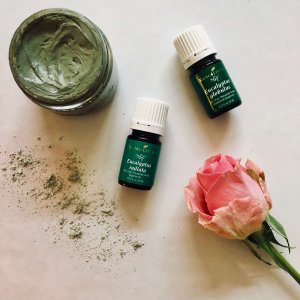When the seasons change, it can bring about changes in mood and behavior that may not be expected. Long winter nights can bring more sadness and loneliness. Especially for people who suffer from dramatic mood changes during the change of seasons. Could your bad mood be due to seasonal affective disorder? How do you know if you are at risk? If you get the winter blues, how can you best relieve symptoms naturally?

What is seasonal affective disorder, and who is likely to get it?
Seasonal Affective Disorder (SAD) is a form of depression that is linked to the changing of seasons. It usually starts in fall and winter and resolves in the spring and summer, though the opposite has been noted as well. Known risk factors for SAD include family history, female gender, concurrent diagnosis of depression or bipolar disorder, or people who live very far from the equator.
A recent study, United States of Stress, shows that 45% of people say stress is something that worsens their symptoms. Stress or anxiety can make people more susceptible to SAD. Don’t let stress get to you. Consider interventions known to reduce stress such as yoga, meditation, painting, or journaling.

Are people with certain personalities more likely to get SAD?
People who tend to cope with problems in life with bad habits such as overeating, binge-watching TV, or sleeping too long are also more prone to SAD. Neurotic people, or people that have “glass half empty” personalities and gravitate toward self-doubt, anxiety, depression, and shyness are also more prone to SAD.

What is the best way to prevent and treat SAD during the long winter months?
SAD is triggered by a couple of biological changes that we can affect easily with intervention.
Daylight is short in the winter, and this causes happy neurotransmitters to fall. We are also less likely to exercise when it is cold outside, and this also decreases mood boosting chemicals. Try a light lamp in the winter, get normal exercise, or maybe just work out beside the window.
Less light also means that there is less Vitamin D in your system. Take a daily Vitamin D supplement to help boost your mood. Counseling and antidepressant medicines can also help. Simple things that you can do daily include a brief meditation, writing a gratitude journal, or monitoring your mood and energy.
Still feeling down?
Come try this meditation to reduce stress. Or check out this class on emotions and essential oils.











